This game about 'confronting relationship trauma' perfectly illustrates why it's a bad idea to date Draculae, lord of the vampires
Hands-on with El Paso, Elsewhere, a Max Payne-inspired game from the maker of Space Warlord Organ Trading Simulator.
It's hard not to crack a smile at former PC Gamer columnist Xalavier Nelson Jr's game premises. His previous games include a "sci-fi body horror market tycoon," an "open world Strand-type game," and An Airport for Aliens Currently Run by Dogs (which is just its name). The upcoming El Paso, Elsewhere, which I played for a bit at GDC last month, doesn't disappoint in that regard. It's about "confronting your relationship trauma" by stopping the world-ending designs of your ex-girlfriend, "Draculae, lord of the vampires," who's holed up at the bottom of 46 substories that spontaneously appeared beneath a motel in Texas.
To get to her, you'll have to wield guns and wooden stakes against "distorted werewolves, biblically-accurate angels, vampires and more." The third-person shooter is heavily inspired by Max Payne, with slo-mo leaping and a pill-addicted, block-headed protagonist who likes to monologue about life's contradictions.
"She's conducting a ritual that will end the world as we know it," he says solemnly in one cutscene. "It's what she always wanted, even when she said she didn't."
Nelson, who provides the character's gravely voice, also enjoys a good contradiction. His studio, Strange Scaffold, is using Unity's High Definition Render Pipeline, which gives them tools that, as Unity puts it, can be used to achieve "high-end graphical realism." But if it weren't for the dynamic lighting and volumetric fog, El Paso, Elsewhere would look period-accurate in 2001.
"HDRP was what Unity intended to use for movies, and to compete with Unreal," said Nelson. "And we're like, 'What if we used that to make a game that looks old?'"
It isn't a cakewalk to play, either, from what I experienced. Ammo must be carefully conserved, although you can replenish one-hit-kill wooden stakes by breaking wooden objects, which is a nice touch. And effectively using bullet time dodges against small hordes of charging creatures takes practice, or maybe just the restraint not to go slo-mo when it isn't called for. I wasn't able to get completely comfortable with El Paso, Elsewhere's controls in the short time I had to demo it on a laptop, but by the end I was mostly dodge rolling at regular speed through short gaps in walls to escape monster hordes and steal some breathing room. By the end of the demo, I did encounter some projectile-shooting enemies who could be better responded to by slowing things down for mid-dodge headshots.
Nelson likes that you can tell which level designer created each El Paso, Elsewhere level, something he sees as another nod to classic PC game design, in that John Romero's Doom levels are identifiable as Romero levels, as one example. The El Paso level I played was made by Jim Brown, who "loves hiding weird chairs that float in midair and having small secrets and traversable spaces that you can only get through by rolling," Nelson said—hence why I spent a lot of time rolling through gaps. And as expected from a game whose primary inspiration is Max Payne, there are a lot of bathrooms.
Keep up to date with the most important stories and the best deals, as picked by the PC Gamer team.
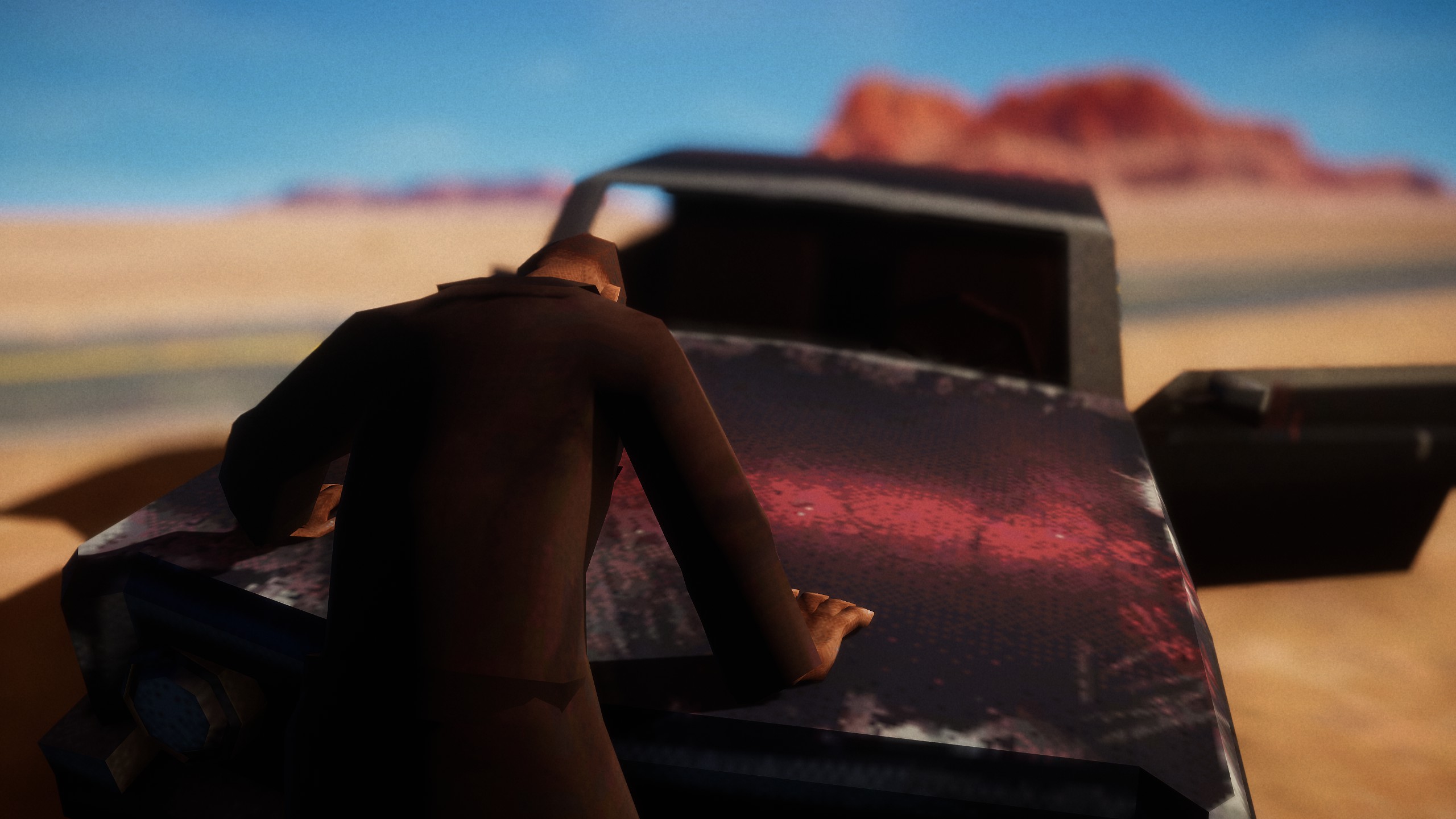
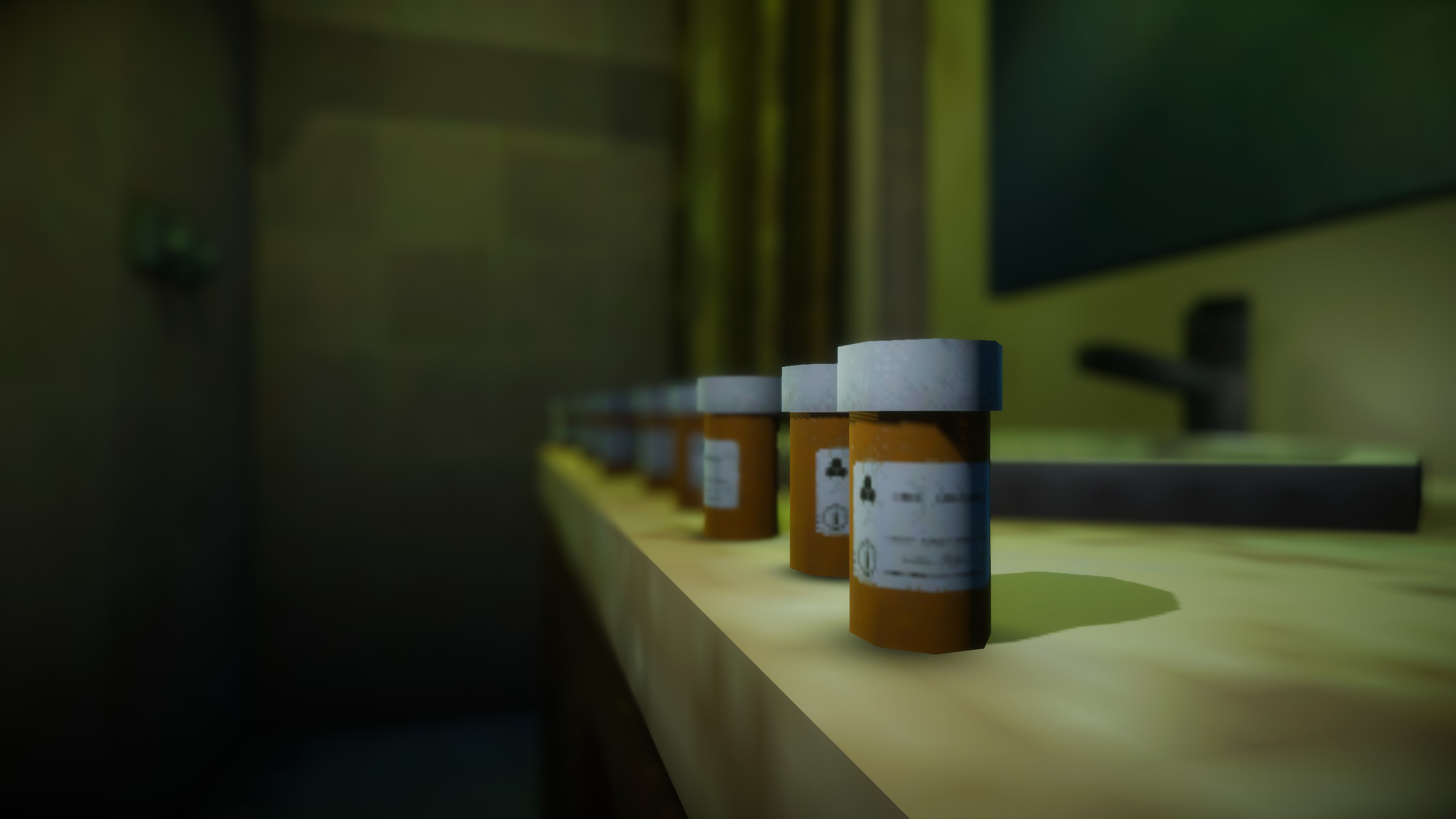
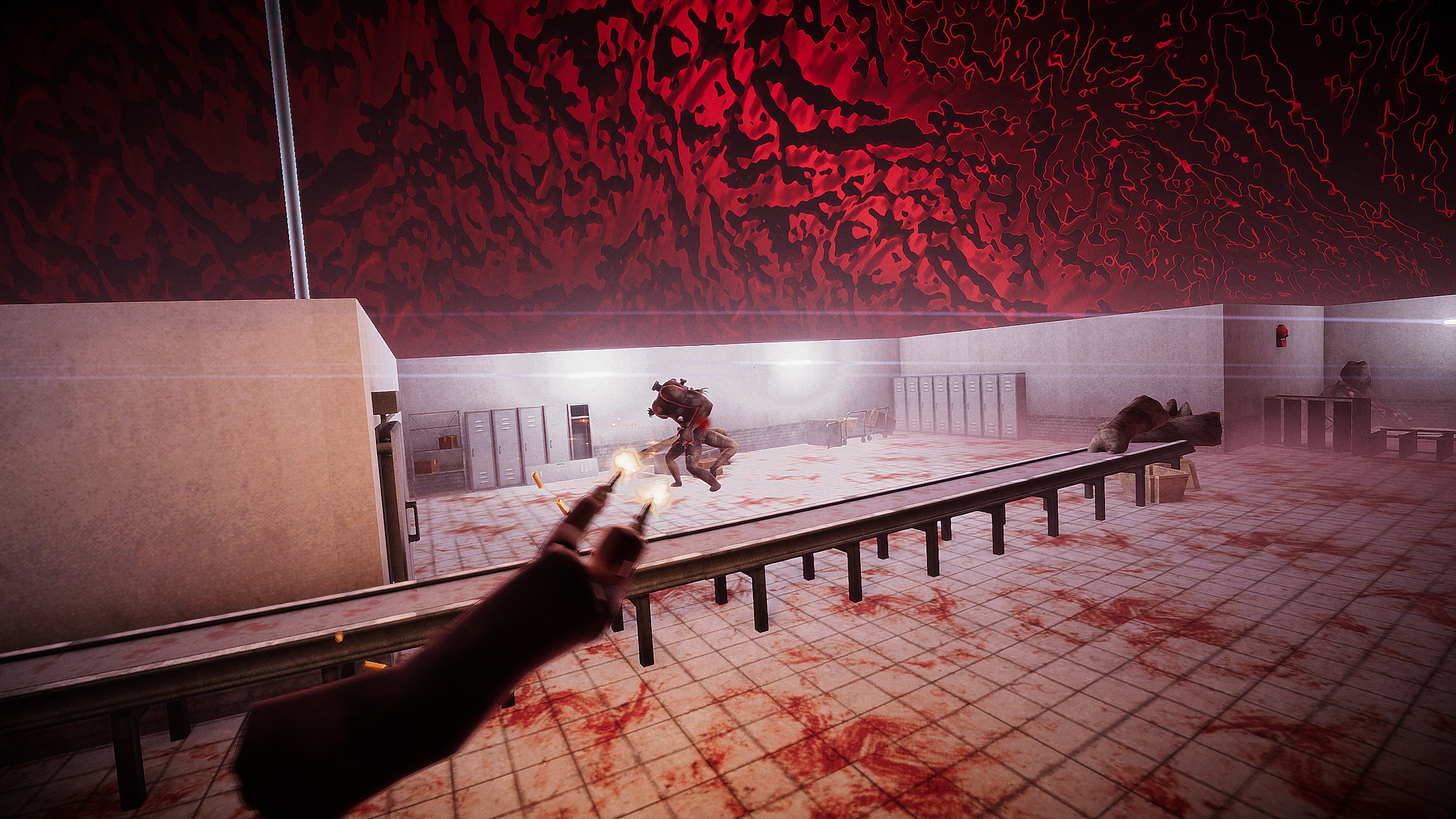
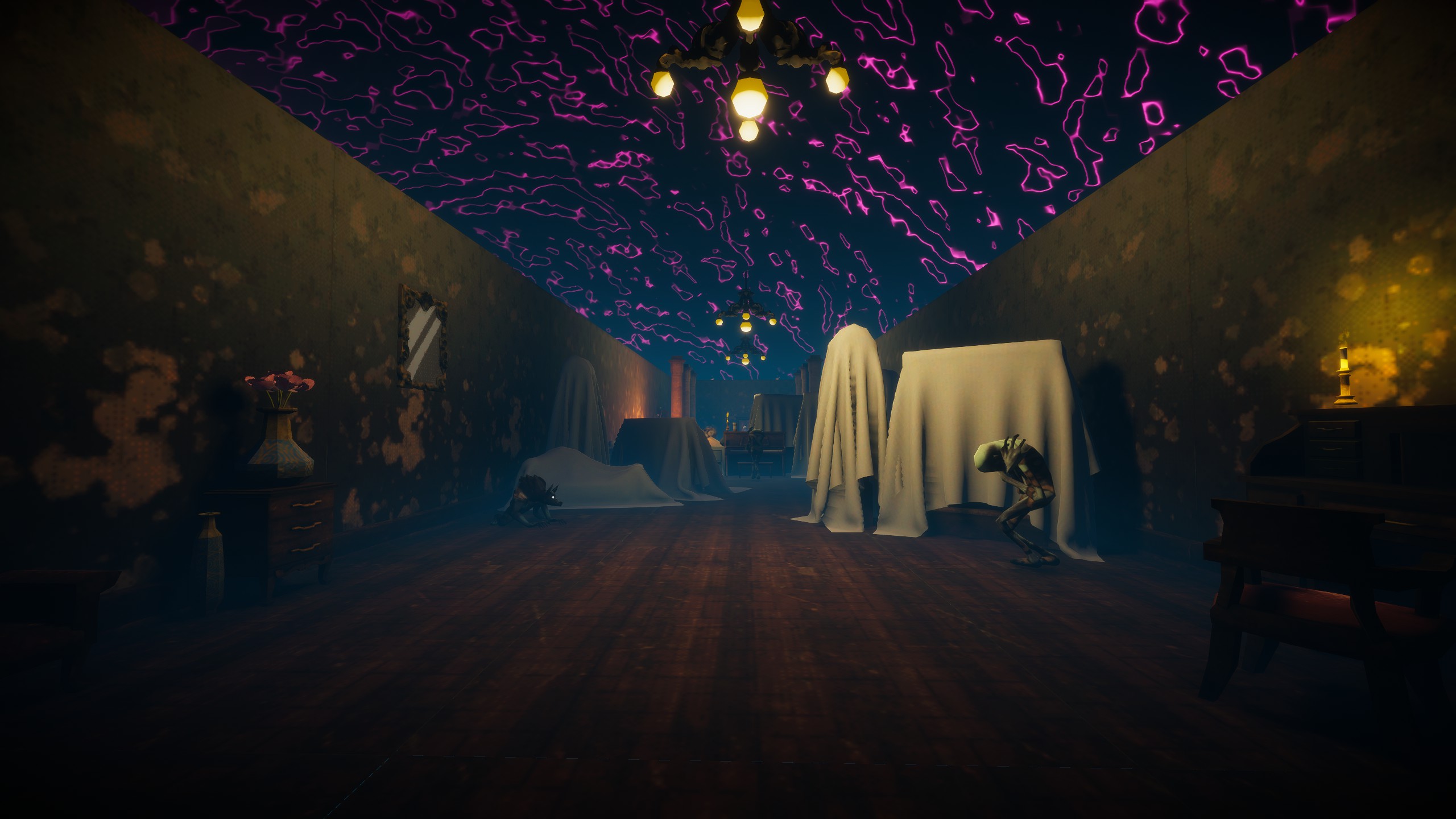
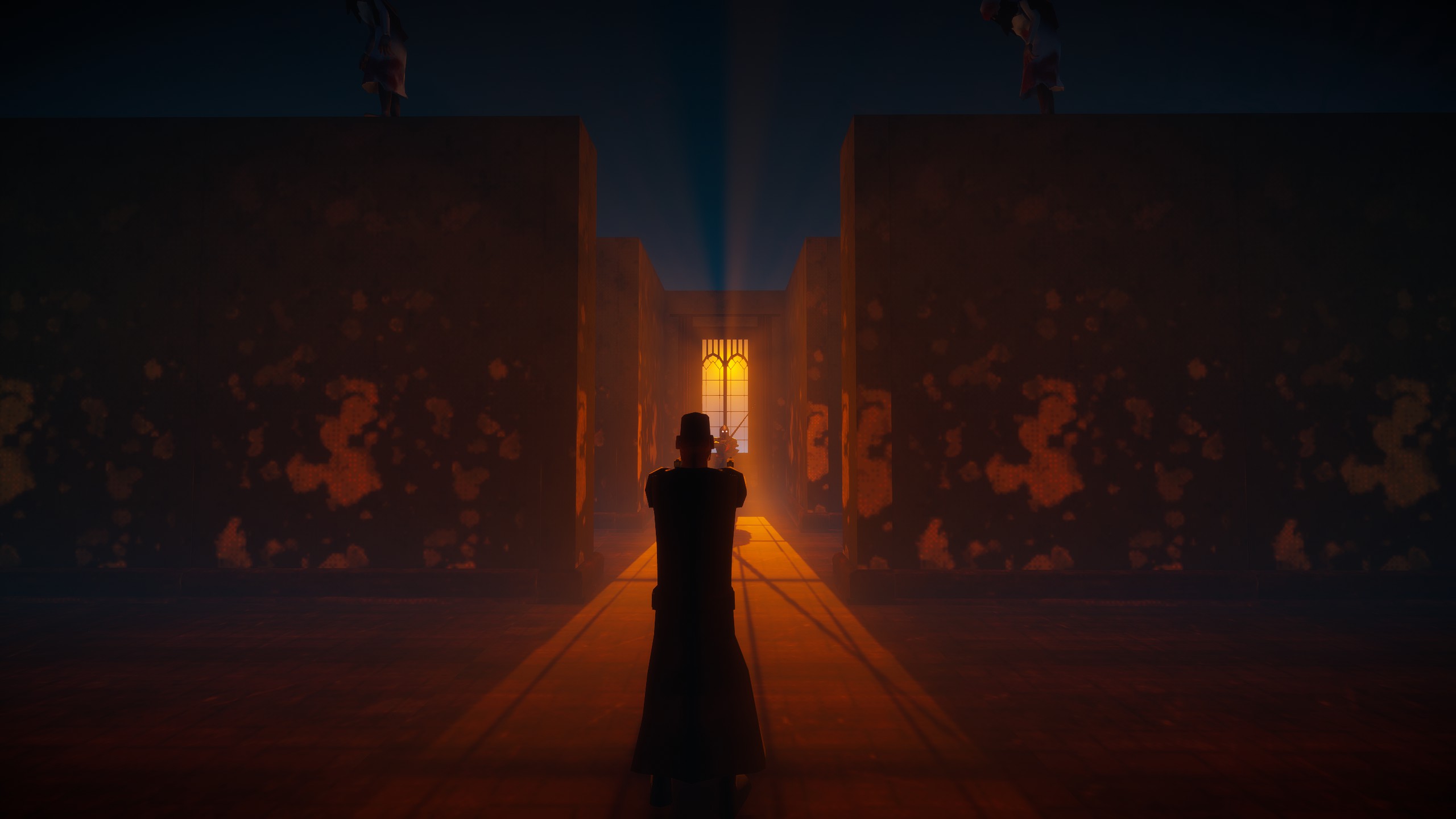
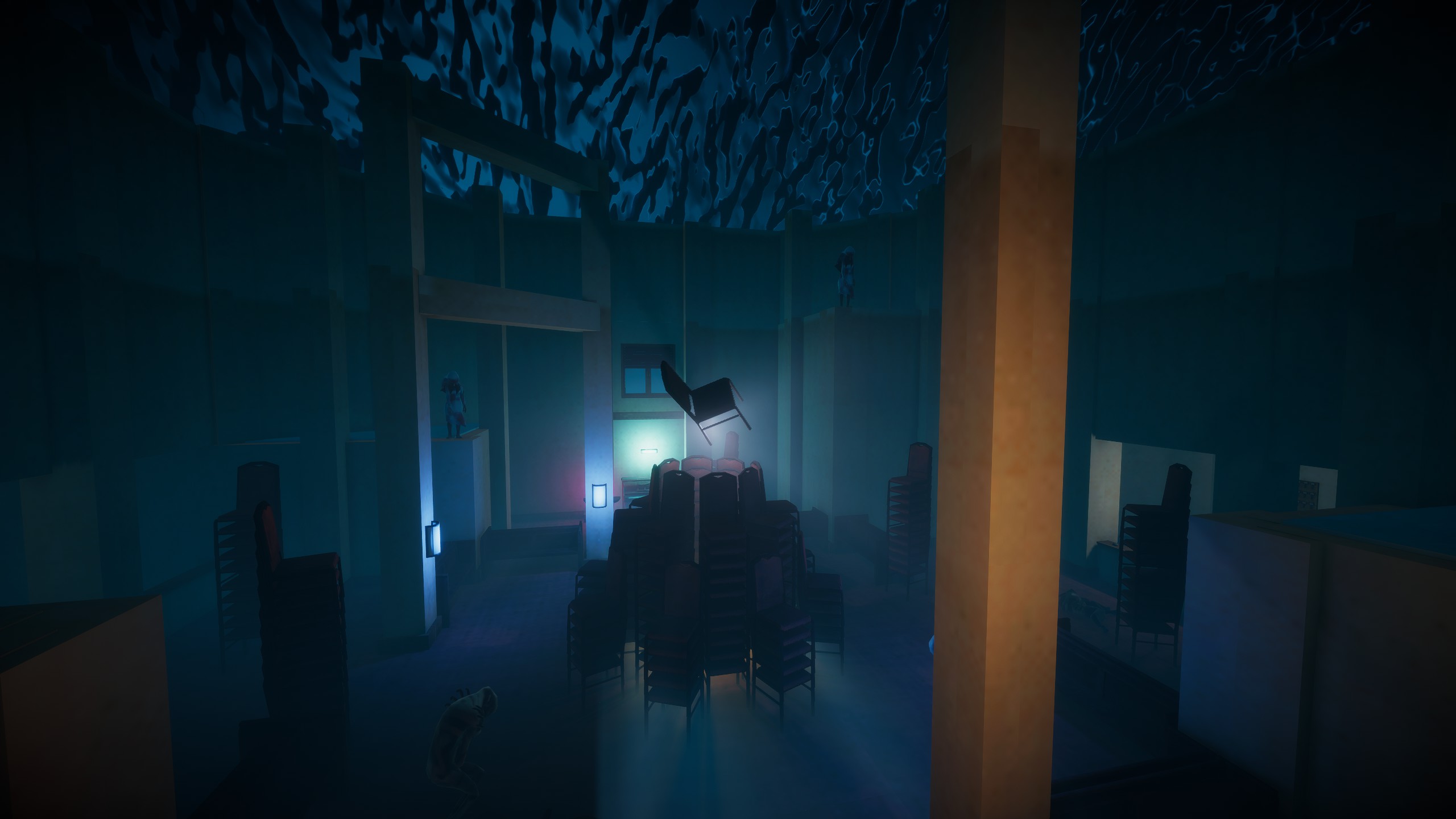
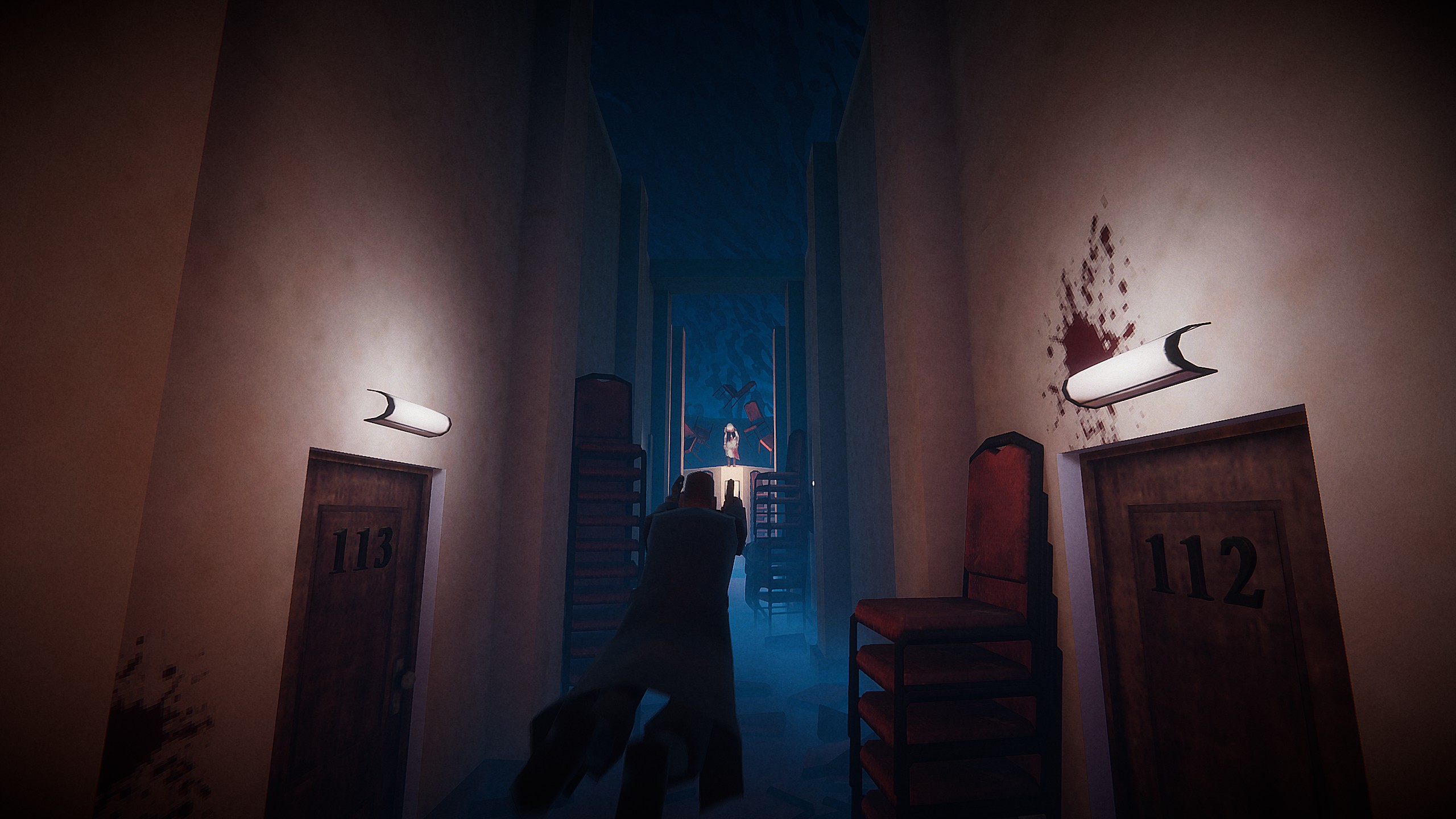
I wouldn't describe El Paso, Elsewhere as a pure tribute to Remedy's classic shooter, though. It's very Remedy-like, from its dialogue to its motel setting, which the Finnish studio has revisited multiple times, but Remedy doesn't have Nelson rapping on its soundtrack, or "molotov cocktails filled with holy blue flame." As wrapped up in past forms and archetypes as it is, El Paso, Elsewhere seems like an attempt to make something new. Nelson also mentioned Hotline Miami as an inspiration, and at a high level, that game strikes me as a good target to shoot for: a game that might've been born out of a fascination with the past, but was original and surprising and inspired future games.
However it turns out, I think the message is clear: It's not a good idea to date vampire lords. El Paso, Elsewhere is on track to release sometime later this year, and has a Steam page. A prequel, called El Paso, Nightmare, is available now for $5.

Tyler grew up in Silicon Valley during the '80s and '90s, playing games like Zork and Arkanoid on early PCs. He was later captivated by Myst, SimCity, Civilization, Command & Conquer, all the shooters they call "boomer shooters" now, and PS1 classic Bushido Blade (that's right: he had Bleem!). Tyler joined PC Gamer in 2011, and today he's focused on the site's news coverage. His hobbies include amateur boxing and adding to his 1,200-plus hours in Rocket League.

